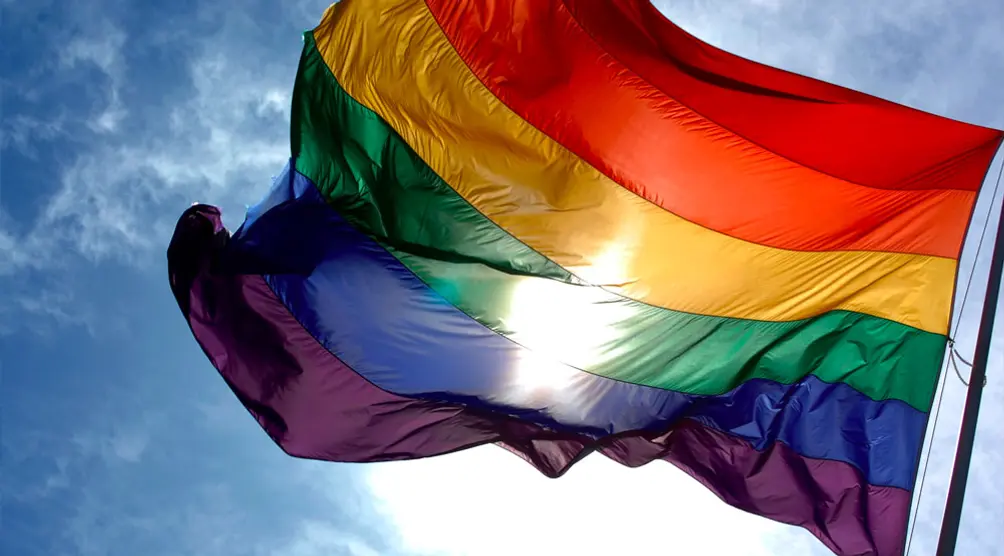Navigating Boards as LGBTQIA Buyers
Ralph Nealon married his husband, Chris, in November 2013. “Like most newlyweds, we went on the market for a new home—we were looking for a one-bedroom co-op in upper Manhattan, and we had great financials so we weren’t concerned—that is, until our first interview with a co-op board,” explains Ralph Nealon. “During the interview, a board member started to grill us about why we were looking to buy in a family-friendly building with so many children. This threw me off, but Chris knew exactly where they were taking this line of questioning.” As one might expect, the Nealons did not move beyond the interview stage. “It was clear by the end of the interview that we had blown it but could never live in the building anyway."
In the end, the Nealons shifted their search to Chelsea where they found a gay-friendly co-op board in another family-friendly building. They also opted not to take action against the other board. Ralph Nealon says, “To be fair, they did simply ask us why we were looking to buy in a family-friendly building…The tone felt out of line, but how do you prove it was really an accusation?”
Eugene Chen, who provides direct services, legal advocacy, and education through the New York Legal Assistance Group’s LGBTQ Law Project, notes that underreporting is common in such cases: “When people are looking for a way to put a roof over their head, they typically don’t have time to take legal action.” But Chen adds that buyers are not the only members of the LGBTQ+ community who experience obstacles on the housing market: “We primarily work with clients who have had rental applications turned down.”
Housing for Transgender and Gender Nonconforming New Yorkers
While gay and lesbian renters and buyers do experience discrimination in the housing market, often in ways that are difficult to call into question, the situation for transgender and gender nonconforming New Yorkers is especially problematic.
Legal Protections for LGBTQIA Renters and Buyers in NYC
It is important to note that the Fair Housing Act prohibits discrimination in housing because of sex, a category that has been expanded to include include gender identity and sexual orientation. At the state and local level, there are a number of protections. New York State prohibits housing discrimination based on sexual orientation and, in 2019, New York State’s Human Rights Law was amended through the Gender Expression Non-Discrimination Act (GENDA) to add gender identity as a protected category. As such, discrimination on the basis of gender identity and expression is prohibited in all areas covered by the law, including housing.
Until then, the city has recently begun to commit more resources to ensuring these laws are enforced on all fronts, including housing. “New York City has some of the most robust laws in the nation,” says Kurland, “The problem is the application of those law.”
Chen agrees, “The laws are expansive but that doesn’t mean that everyone obeys them.” Yet, there is hope that the situation is changing: “With the recent increase in funding to the Human Rights Commission,” says Chen, “We now have more resources available to investigate and enforce legislation targeting landlords who fail to follow the law.”

Notably, landlords who fail to follow the law receive a civil penalty, usually in the form of a fine. In some cases, they may also be made to compensate tenants for any personal anguish their discriminatory actions have caused.
While neither of the individuals interviewed for this article have ever taken legal action in response to housing discrimination, Kurland, Chen and Betz all agree that New York City has strong legislative protections for LGBTQ+ residents facing housing discrimination. As the city continues to earmark funds to ensure this legislation is enforced, there is great hope that housing discrimination based on sexual orientation and gender identity will continue to decline.


 6sqft delivers the latest on real estate, architecture, and design, straight from New York City.
6sqft delivers the latest on real estate, architecture, and design, straight from New York City.
